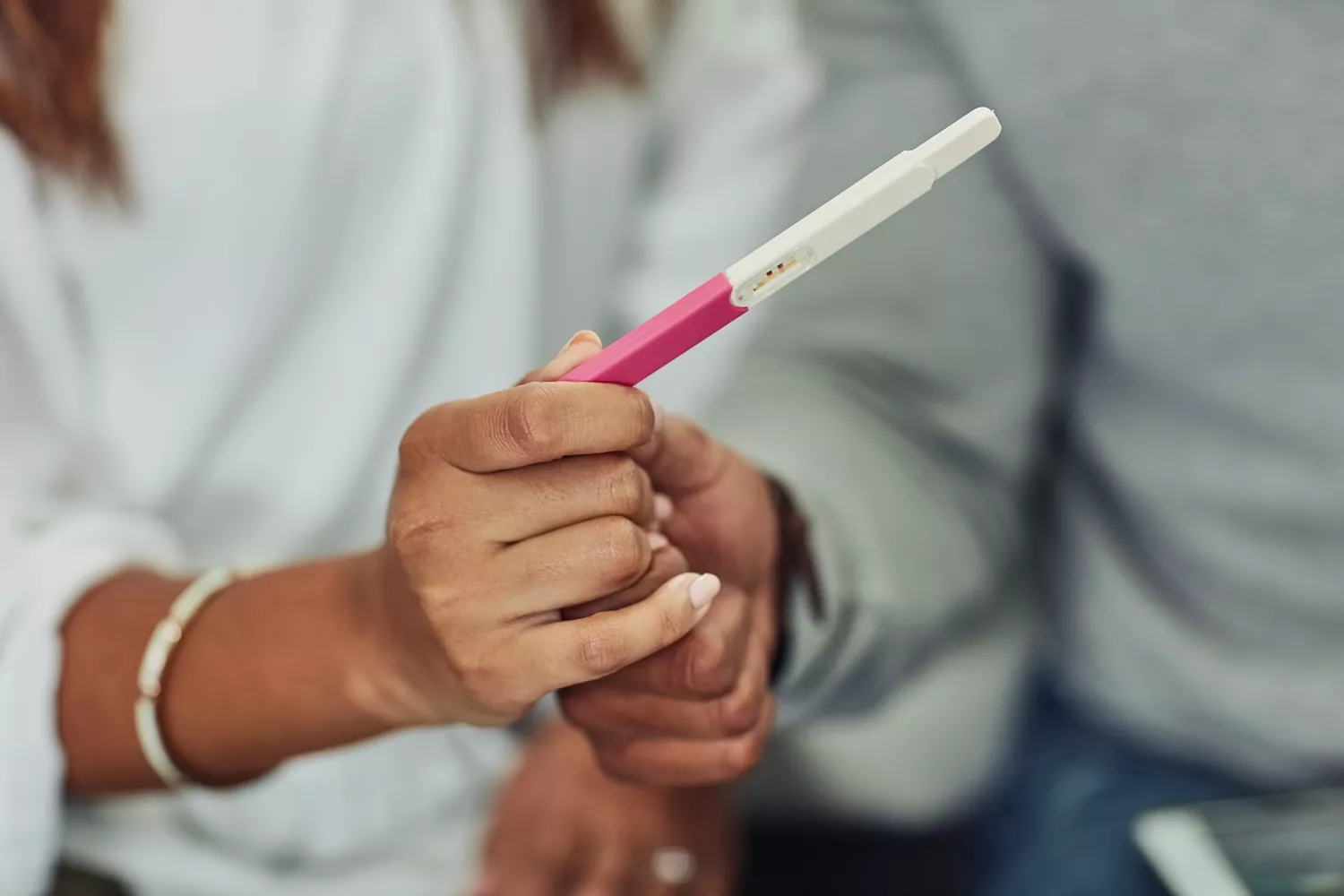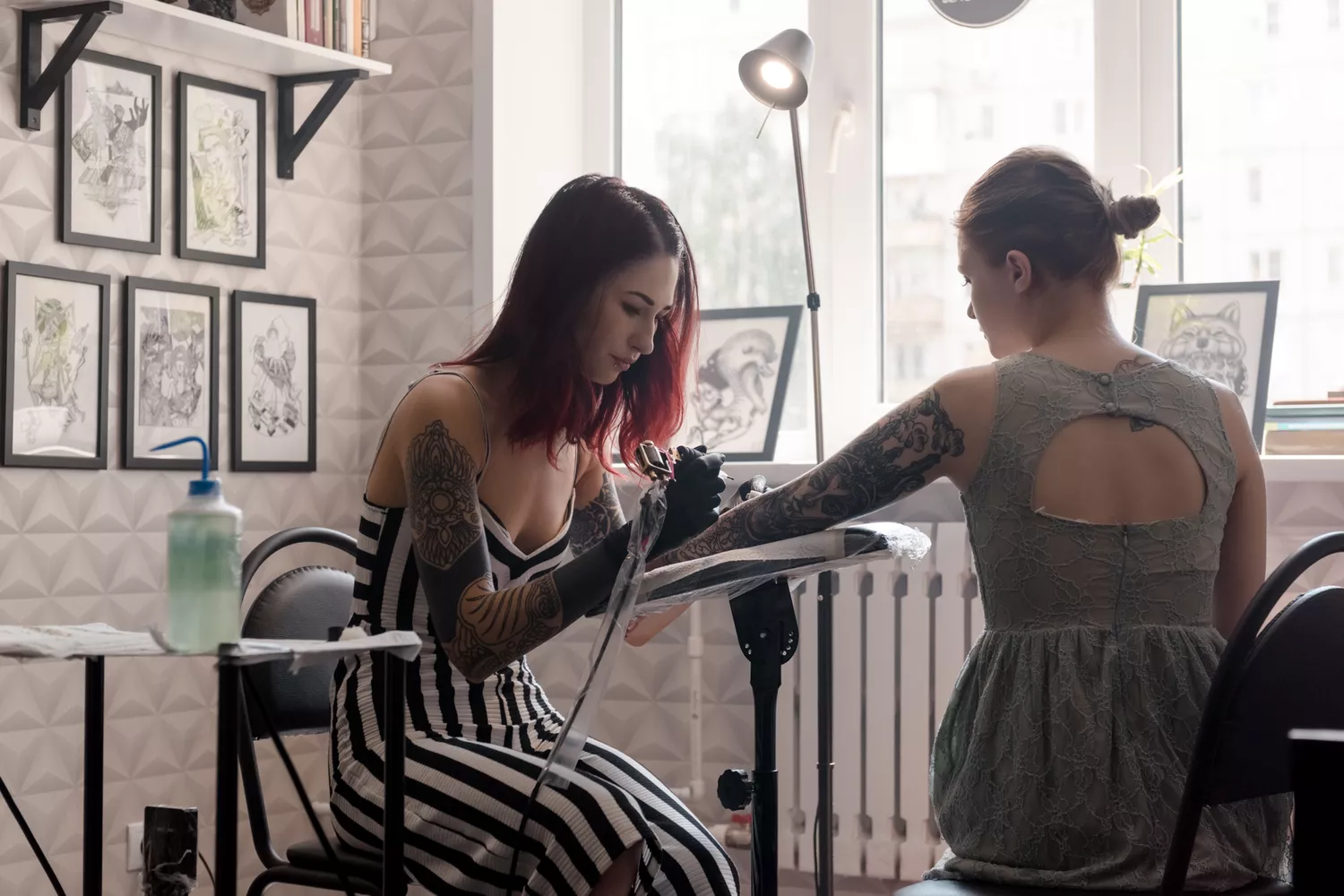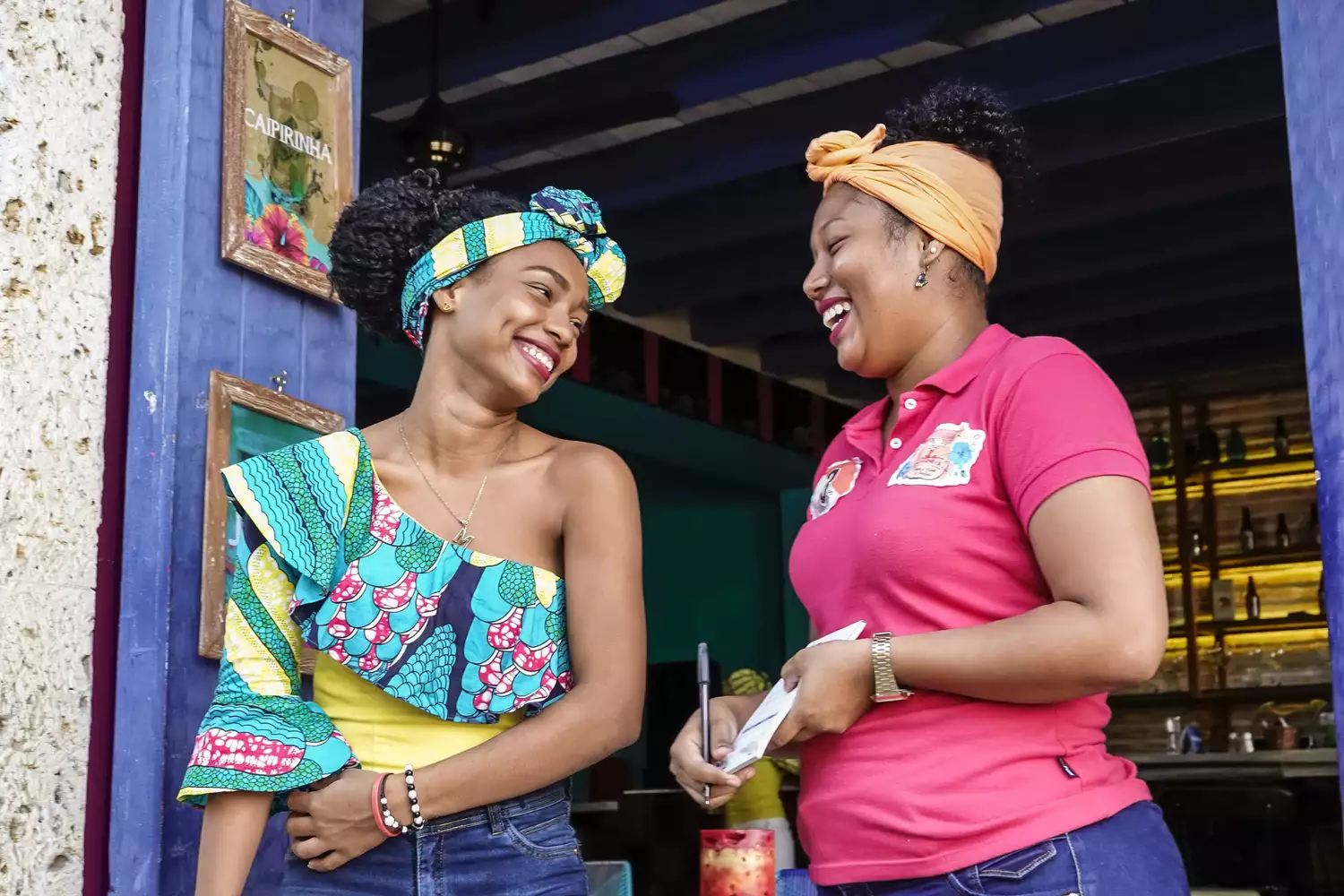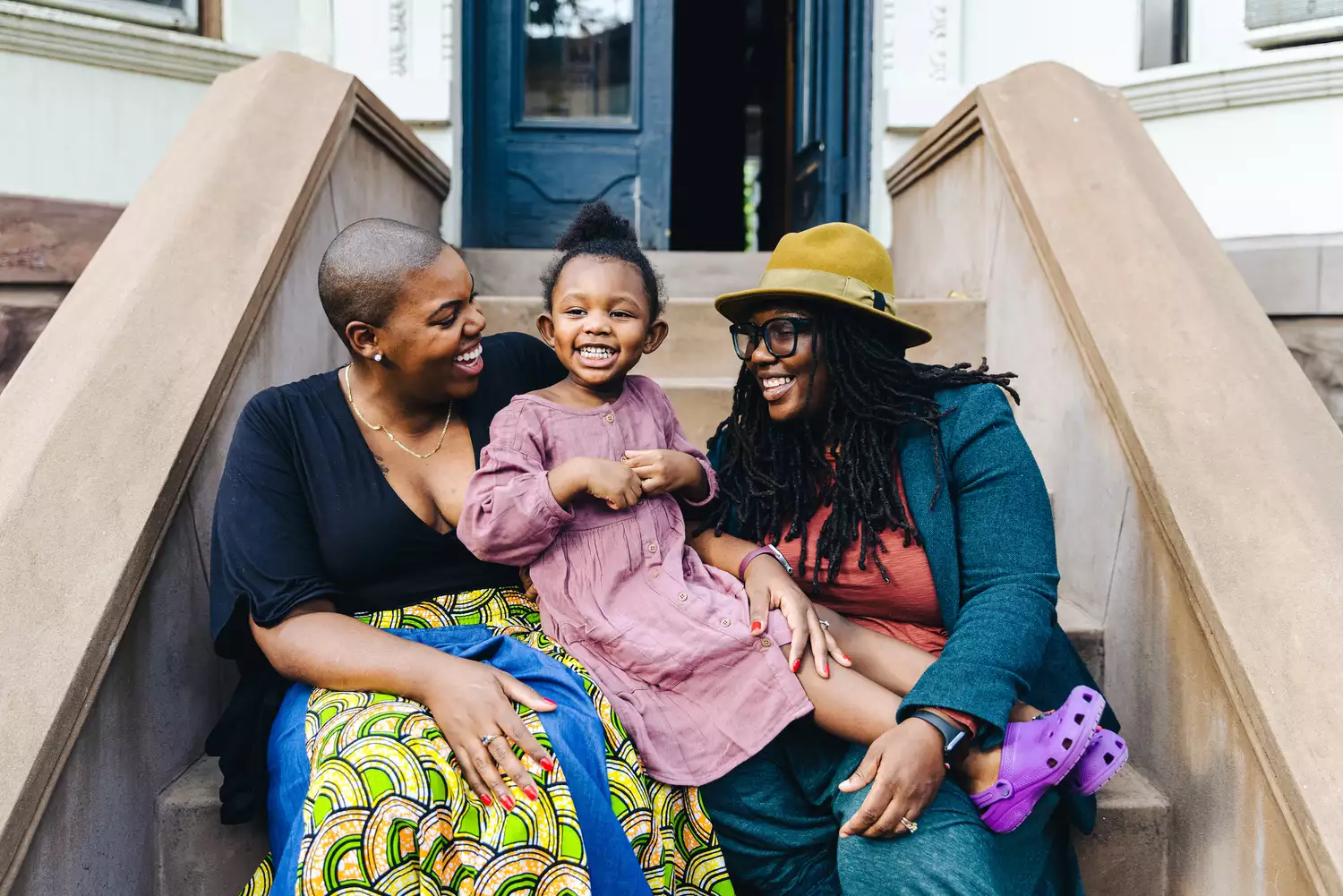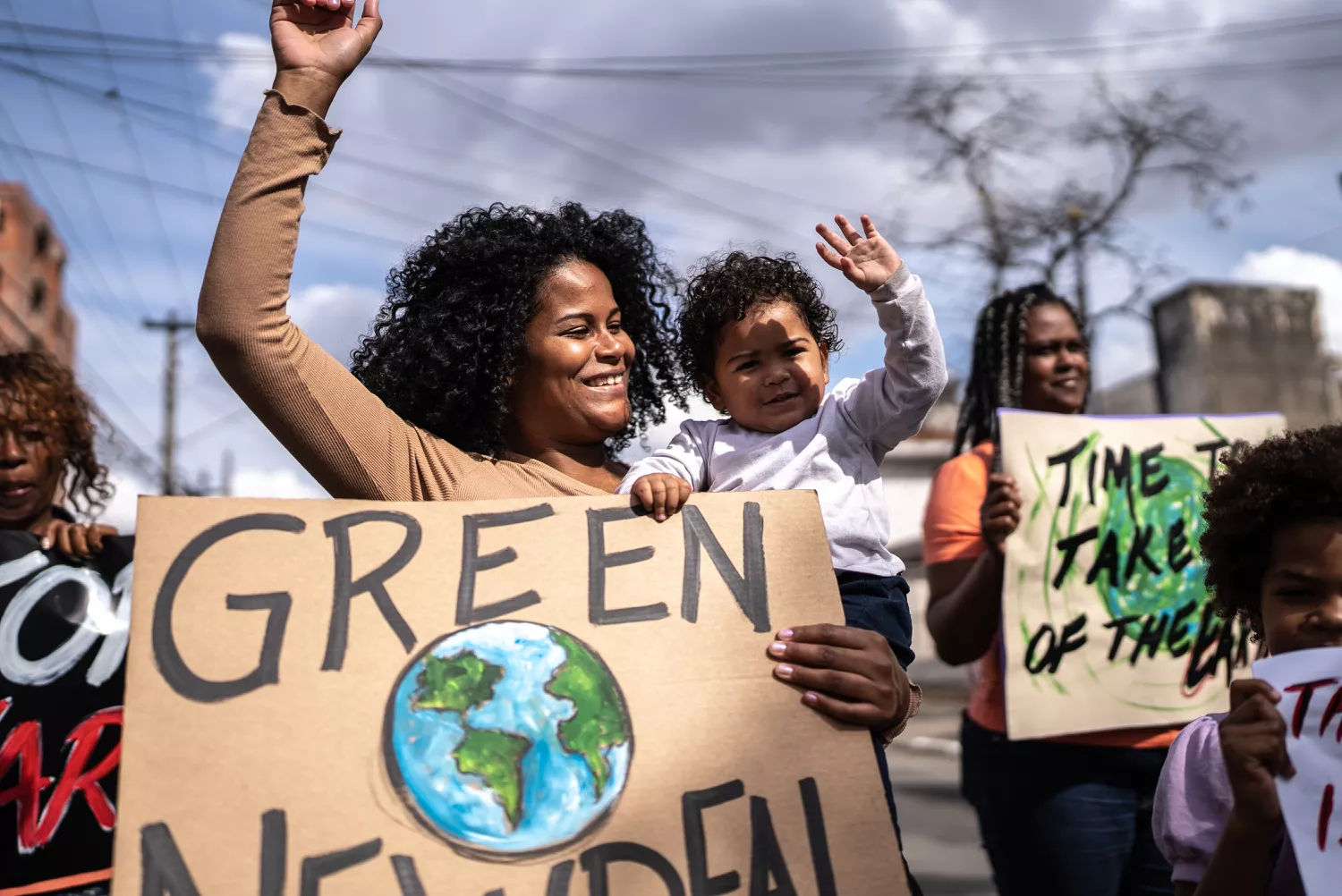More Black Mothers Are Becoming Single Parents by Choice
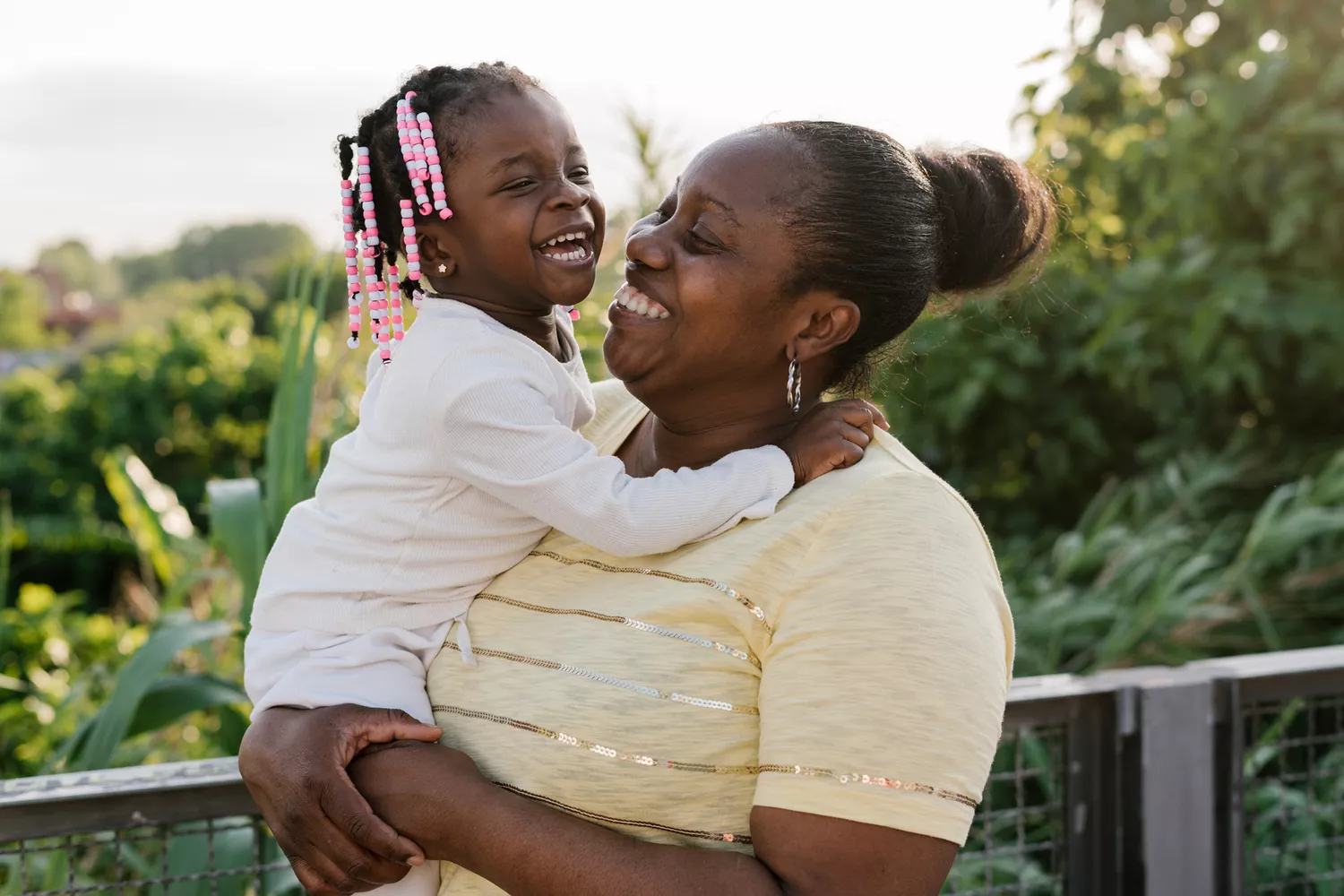

Jenkins found that many women had health issues, such as polycystic ovarian syndrome (POS), premature ovarian failure or a prescription for hysterectomy. Some women had health problems such as Polycystic Ovarian Syndrome or premature ovarian failing. Others were prescribed Hysterectomy for uterine issues. Some people were attracted to the lifestyle because of their sexual orientation. Some people already had children in a failed relationship, but because of custody issues they decided to have another child as a single parent.
Some women couldn’t find the right partner to date and didn’t wish to miss motherhood because of their biological clock. Jenkins says she began to notice that women younger than 21 wanted to join the group. They claimed that they had always wanted to become mothers. After that, she decided to put an age limit on the group.
Jenkins has now had two children but the process was not easy. She gave birth to a healthy baby at the age of 38 using intrauterine sperm insemination. She loved every minute of her pregnancy and knew she wanted a second one. When she tried to conceive her second child, she was diagnosed with secondary fertility. She had several miscarriages, IUIs, IVFs, and unsuccessful egg donor attempts. Her pregnancy was also difficult after she was diagnosed with gestational diabetic.
Jenkins, despite the obstacles and challenges she faced, pushed on and welcomed her second baby in 2019. She was 43 years old. The difficulties I faced during my second pregnancies served as a profound experience that was similar to a graduate level course. “I gained a lot of knowledge and insight, which inspired me to start a podcast to support other single mothers on their journeys,” says she.
Jenkins is no exception. She had family near her before the pandemic but they moved away since. She relies now on the support of a group of people. “I have supportive girlfriends and single mothers who chose to live alone in my area. I intentionally designed my life around my single mom lifestyle. My commute is short, and I’ve been working in hybrid mode since 2020. My children’s doctors and mine are located conveniently near my home and workplace.”
As she had always imagined, her days consist of balancing work with parenting. I get up around 6 am, drop off the kids by 8:45 am, then go to work between 9 and 5 pm. She explains that if her days are disrupted, she will make up work after the kids go to sleep. Evenings are filled with homework or park time, dinner and bedtime routines. Weekends are busy, with limited family activities and limited weekend activities.
As a single mom by choice, I have learned the importance of being present with my children and slowing down. Jenkins acknowledges that sometimes, despite our routines and structured lives, it is important to stop, pause, and listen to what your children need even if they cannot express themselves clearly.
I’ve learned how to reach them at their level, to ask directly and to provide comfort. In my parenting journey, I have learned to slow down and embrace the joy, messiness and beauty in each moment. “Parenting is hard, but having clear priorities makes it easier.”
Jenkins also realized that she wanted to present her lifestyle as a fact, not something to be discussed. She has never felt judged because of her decision to be a single mom. “I think it took 400 years and millions of people for us to reach this point, and my decision to give up motherhood against my wishes won’t make a difference to the current situation.”
Jenkins confirms that there is a stigma associated with being a sole mother. Jenkins says that she believes single motherhood is stigmatized. However, this stigma affects people more who are single mothers by choice and those who become single parents suddenly.
“I deliberately became a single mom and as a Black women, privilege is already a minimum.” “My choice to be a single mom doesn’t take or add anything.”


